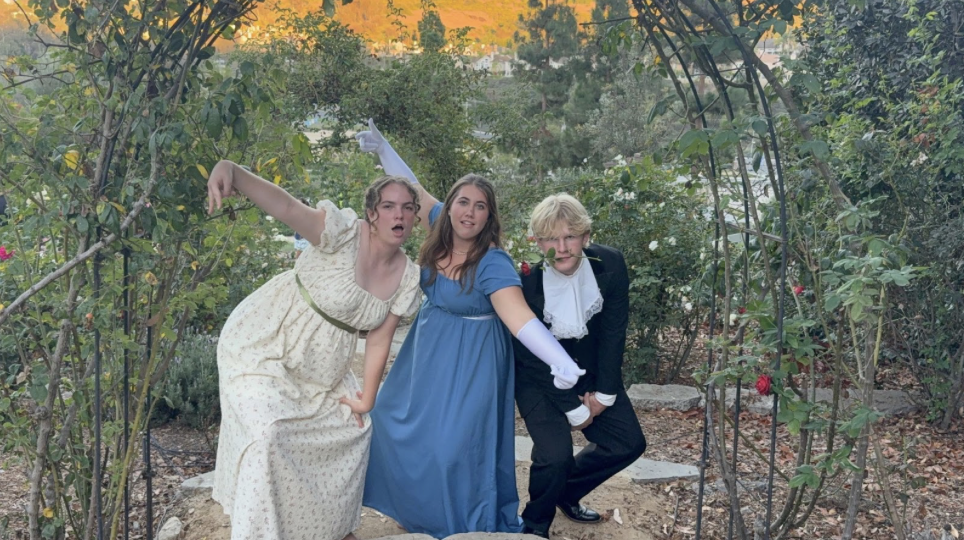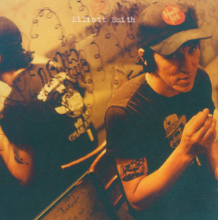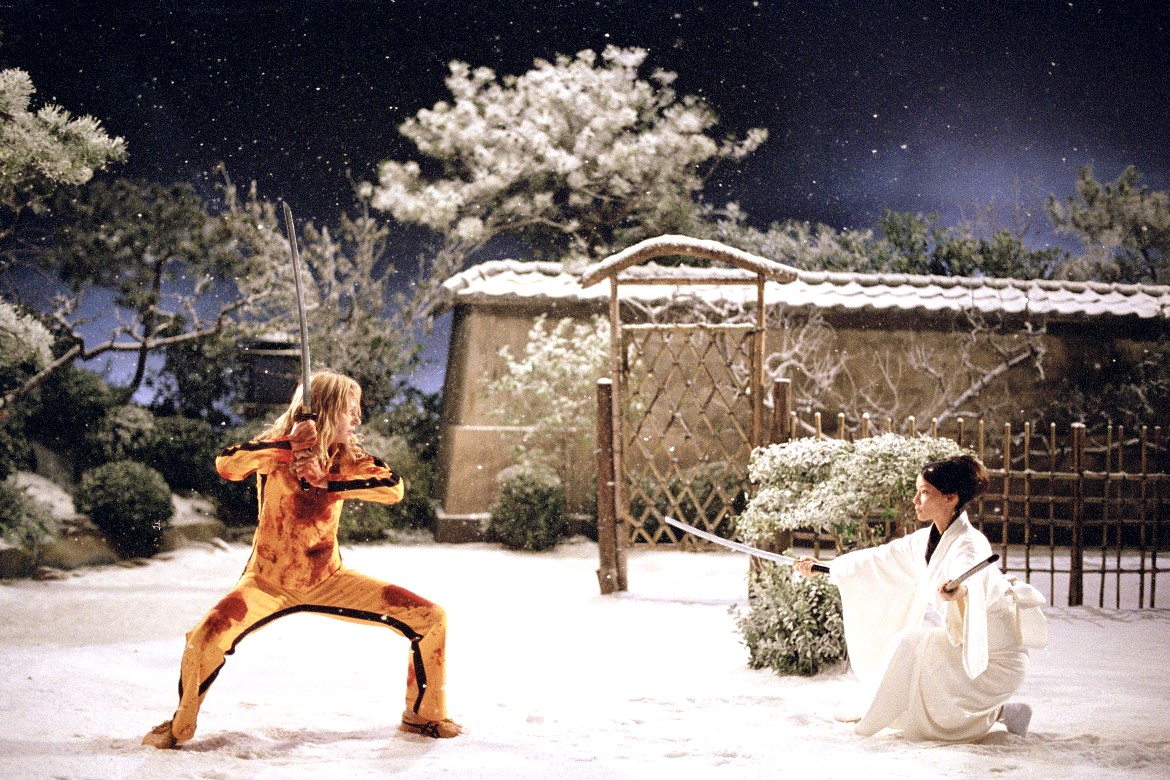
If there is a single band that perfectly encapsulates the underground indie ideal of the early 2000s, it’s Granddaddy. If there is a single album that summarizes the emotional uncertainty, growing alienation, and nostalgia of the Y2K era, it’s Sumday. The band’s 4th studio album, led by frontman Jason Lythe, stands as a strong testament to the fragile spiritual experience of the beginning of the century, and the weight of relevance it still holds today.
In a similar manner to Grandaddy’s three preceding albums, A Pretty Mess By This One Band, Under the Western Freeway, and The Sophtware Slump, Sumday was created almost entirely by Jason Lythe himself. By writing, producing, and recording the album almost completely independently, it highlights an element of why the album feels so honest, so raw, and so sincere. The band created something incredibly rare with Sumday: an album that feels not only widely relatable but also deeply personal.
During the time of its initial release, the album didn’t make a huge splash, but its themes still seem to hold up remarkably well. As a product of the early 2000s, the idea of how technology floods our lives, and the disconnect it creates, was notably prominent in Sumday, and still feels heavily relevant today. In tracks like “I’m on Standby” and “The Group Who Couldn’t Say” Grandaddy captures the prevalent sense of alienation and loneliness induced by the rapid and complex growth of the technological world, and the struggle for true human connection. In an oddly prophetic sense, these ideas seem to have only intensified in the two decades since Sumday’s release.
For an album that was so ahead of its time, there is a large aspect of Sumday that feels familiar and achingly nostalgic. As the album opens with “Now it’s On,” the song embodies the excitement of the early 2000s but also the bittersweet essence of growing pains. Sumday as a whole encompasses the common ache of the Y2K time period, the feeling that the world is on the precipice of falling apart, but also the brink of something remarkable. In track 9 on the album “Stray Dog and the Chocolate Shake”, Lythe spotlights the quiet familiarity of suburban existence in a way that feels almost generic, but also strangely intimate.
In retrospect, the band didn’t just create a product of its time with Sumday, but something far ahead of it. To this day, the album still sticks as a time capsule of the Y2K era, and feels just as relatable, and possibly even more so, 20 years later. The album is based on some of the common themes of the early 2000s, alienation, longing, and uncertainty, which seem to have become increasingly more prevalent since Sumday’s debut. Although the album never received the recognition it truly deserved, it stands quietly as a testament to familiarity in the age of disconnection.







